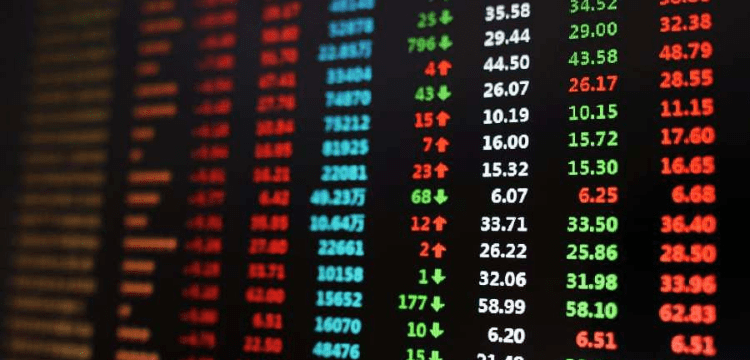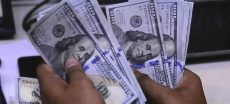[vc_row][vc_column][vc_column_text dp_text_size=”size-4″]Asian markets were mixed Monday with traders on edge as they considered the prospect of more US interest rate hikes aimed at bringing down stubbornly high inflation.
Equities have struggled this month to build on January’s rally, with recent data showing that the Federal Reserve still had plenty of work to do to get prices under control.
Investors are now awaiting the release of minutes from the central bank’s most recent policy meeting, hoping to gauge officials’ views on their next steps.
Sentiment was given a jolt last week by comments from some members who said they were open to a 50-basis-point hike at the next gathering.
Several others have already warned that borrowing costs would likely have to go higher and stay there for longer to tame inflation, which remains elevated despite easing.
That has renewed concerns that the world’s top economy could tip into recession, with commentators warning earnings will also take a hit.
In early trade, Asian markets fluctuated following a mixed day on Wall Street on Friday.
Hong Kong, Shanghai, Seoul and Taipei rose while Tokyo, Sydney and Manila were flat. Singapore, Jakarta and Wellington slipped.
Analysts warned that while traders expect further rate hikes, there could be more bad news down the line.
National Australia Bank’s Tapas Strickland said: “The equity market so far seems sanguine about the rates outlook, seemingly taking more signal from the better than expected macro data, than from what that then means for rates and getting inflation down.”
And Michael Wilson at Morgan Stanley said companies faced an earnings recession.
“The bear market rally that began in October from reasonable prices and low expectations has morphed into a speculative frenzy based on a Fed pause/pivot that isn’t coming,” he wrote in a note.
The likelihood of more rate hikes provided further support to the dollar, which extended gains against its major peers, sitting around highs not seen since December.
While oil edged up Monday following hefty losses last week, the stronger dollar kept a lid on prices, with concerns about the impact of a possible recession on demand adding to downward pressure.
[/vc_column_text][/vc_column][/vc_row]











